Ultimate Guide to Choosing the Right Hot Sale Carriage Bolt for Your Projects
In the construction and manufacturing industries, the choice of fasteners is pivotal to ensuring strength and durability in projects. A recent study by the Fastener Industry Coalition indicates that the global fasteners market is projected to reach $118.5 billion by 2027, underscoring the critical role that high-quality components like the Hot Sale Carriage Bolt play in various applications. These bolts are essential for distributing loads evenly and securing lumber to provide structural integrity, making them a preferred choice among professionals. With numerous options available in the market, selecting the right Hot Sale Carriage Bolt can dramatically influence the longevity and performance of your projects. This guide aims to equip you with the necessary insights and best practices, ensuring you make an informed decision tailored to your specific needs.
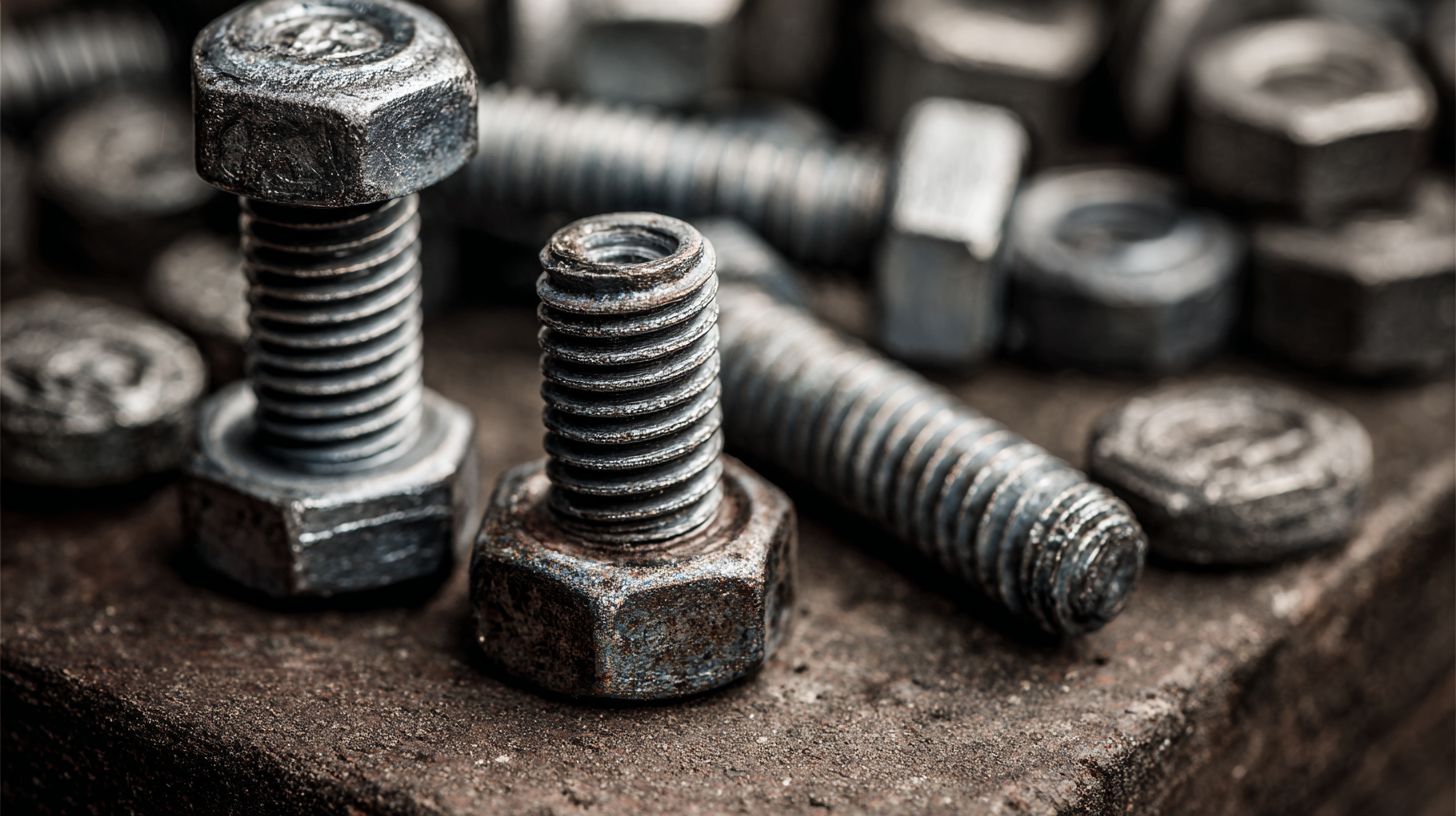
Understanding Carriage Bolts: Types and Specifications You Need to Know
Carriage bolts are essential fasteners characterized by their round head and square neck, which prevent them from turning once installed. They are designed for use in wood, coupling two pieces of wood together securely, or for a variety of metal applications. Understanding the different types of carriage bolts is crucial for selecting the right one for your project. Common materials include galvanized steel for outdoor use and stainless steel for corrosion resistance. You may also find them in various lengths and diameters, which are vital specifications to consider based on the load and structural requirements of your build.
In addition to material and size, it's important to explore the specific variations of carriage bolts. For instance, there are standard carriage bolts, which have a smooth round head, and others like flange carriage bolts, which feature a broader, flat surface that distributes pressure more effectively on softer materials. Additionally, you might encounter different grades, such as Grade 2 or Grade 5, which indicate the tensile strength suited for various applications. By understanding these types and specifications, you can make informed decisions and ensure your projects are both robust and durable.
Ultimate Guide to Choosing the Right Hot Sale Carriage Bolt for Your Projects
| Type | Diameter (inches) | Length (inches) | Material | Finish | Load Capacity (lbs) |
|---|---|---|---|---|---|
| Standard Carriage Bolt | 1/4 | 2 | Steel | Zinc Plated | 300 |
| Heavy Duty Carriage Bolt | 3/8 | 4 | Stainless Steel | Uncoated | 600 |
| Eye Carriage Bolt | 1/2 | 6 | Galvanized Steel | Hot Dip Galvanized | 500 |
| Square Carriage Bolt | 5/16 | 3 | Carbon Steel | Black Oxide | 350 |
How to Assess the Strength Requirements for Your Project's Carriage Bolts
When assessing the strength requirements for carriage bolts in your projects, it’s crucial to consider various factors such as the load they will bear and the material being fastened. According to the American Institute of Steel Construction (AISC), the tensile strength of steel carriage bolts typically ranges from 58,000 to 75,000 psi, with different grades designed for varying load capacities. Higher grades or alloy finishes can significantly enhance durability, making them suitable for heavier applications like structural supports or outdoor projects.
In addition to the bolt's tensile strength, the shear strength must also be evaluated, especially if the application involves lateral forces. A report by the American Wood Council indicates that the shear strength of carriage bolts can be about 0.6 times their tensile strength for most installations. This means that for a standard 1/2-inch diameter bolt, you can expect shear capacities ranging from 3,600 to 4,800 pounds, depending on the grade. Such considerations are vital when constructing projects that require robust fastening solutions, ensuring that the joints can withstand not only static loads but also dynamic forces over time.
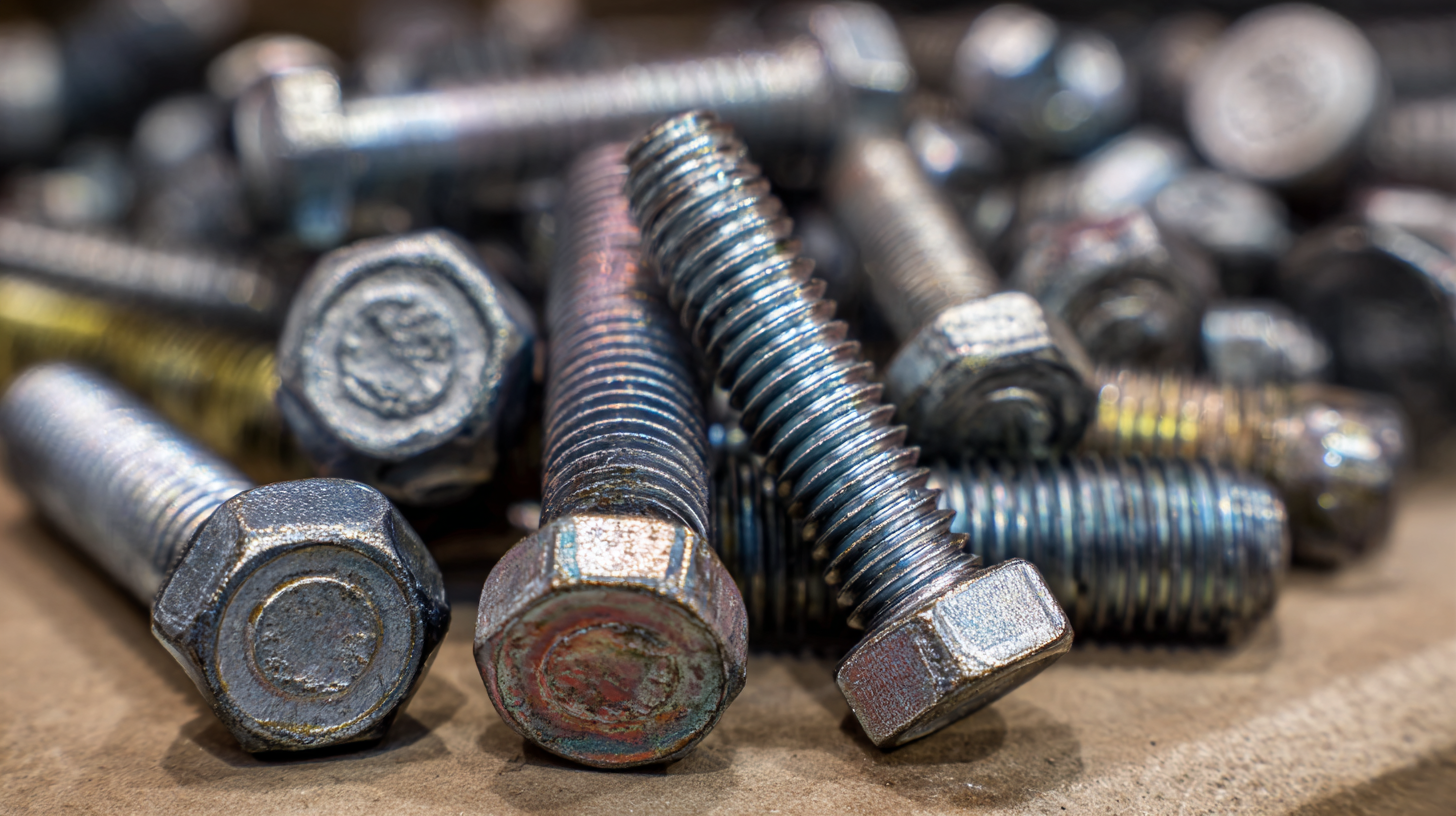
Choosing the Right Material: Which Carriage Bolt is Best for Your Needs?
Choosing the right material for your carriage bolts is essential for ensuring the durability and functionality of your projects. Carriage bolts are typically available in several materials, including steel, stainless steel, and plastic. Steel bolts, often galvanized for corrosion resistance, are ideal for general-purpose applications in environments that aren’t excessively damp. They provide strong tensile strength and can support heavy loads, making them a popular choice for construction and outdoor projects.
On the other hand, stainless steel carriage bolts offer enhanced corrosion resistance, making them perfect for marine applications or areas with high humidity. Their aesthetic appeal also makes them suitable for visible structures where appearance matters. For applications that require lightweight components or resistance to water, plastic carriage bolts can provide an excellent alternative. They are non-corrosive and work well in environments where metal could potentially corrode or degrade, such as garden furniture or aquatic installations. Ultimately, the choice of material should align with the specific requirements of your project, factoring in load, environmental conditions, and the overall design.
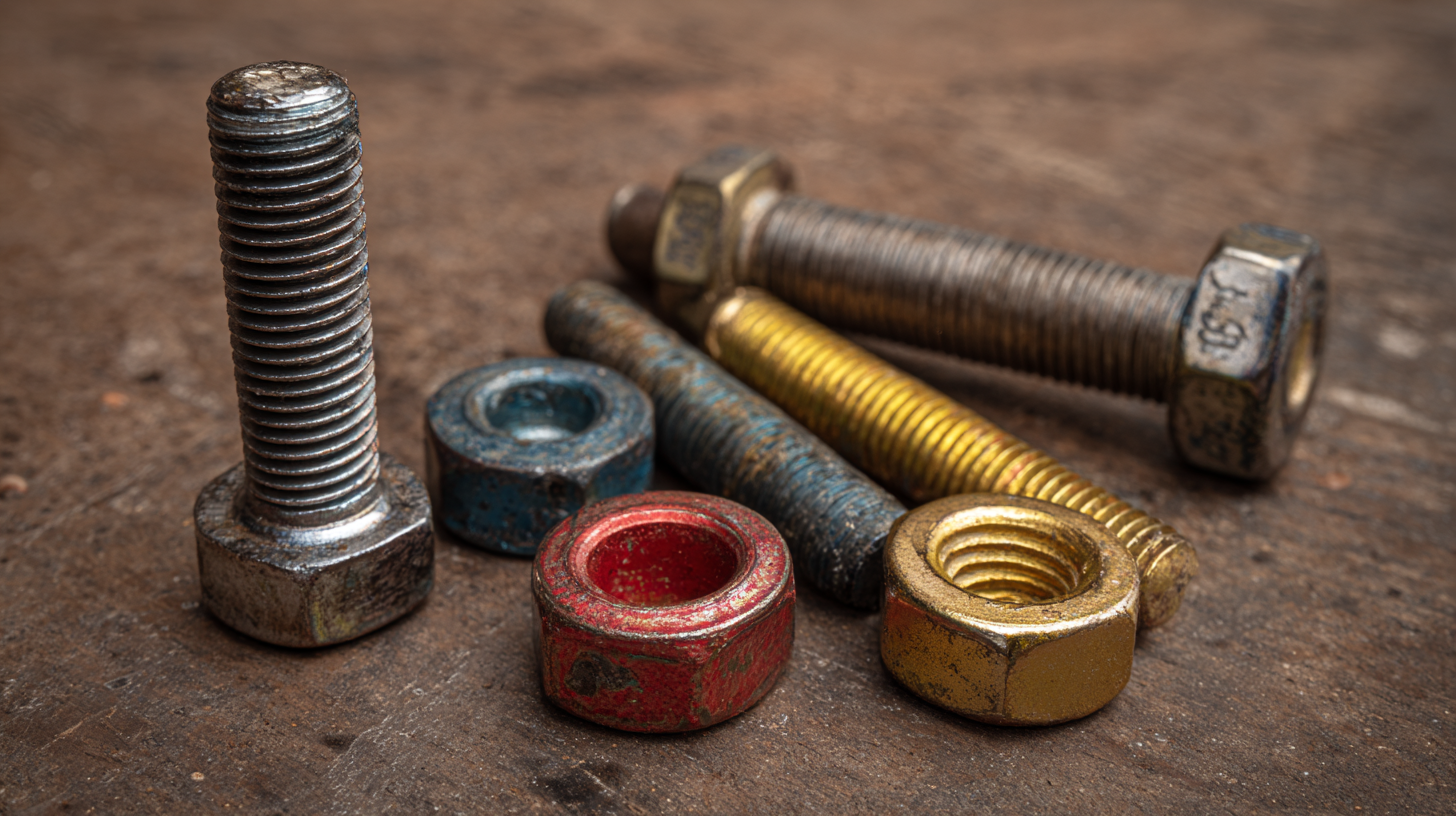
Tips for Matching Carriage Bolt Sizes with Your Project Components
When selecting carriage bolts for your projects, understanding the size requirements of your components is crucial.
Carriage bolts come in various lengths and diameters, so it is essential to match these specifications with the materials you intend to secure. Begin by measuring the thickness of the items you will be fastening together. For instance, if you are joining two wooden beams, knowing their combined thickness will help you choose the right bolt length.
A general rule of thumb is to allow half an inch of the bolt to protrude from the material to ensure it can be effectively fastened with a nut.
Additionally, the diameter of the carriage bolt should correspond to the hole size in your components. A snug fit is vital for structural integrity, so opt for bolts that match the recommended hole diameter—typically, this ranges from 1/8 inch to 1/2 inch. If you’re using multiple bolts for larger projects, ensure they are evenly spaced and of the same size to maintain balance and support. By taking these considerations into account, you can effectively select the right carriage bolts that will enhance the durability and safety of your project.
Common Mistakes to Avoid When Selecting Carriage Bolts for Construction Projects
When selecting carriage bolts for construction projects, it's crucial to avoid common mistakes that can lead to structural failure or increased costs. One major pitfall is neglecting to consider the material and finish of the bolts. Choosing the wrong type can result in corrosion, especially in outdoor applications. For instance, using standard steel bolts in a wet environment without proper coating will lead to rust, compromising the integrity of your project. Always opt for stainless steel or specially coated options when exposure to moisture is likely.
Another frequent error is failing to match the bolt size and length to your materials. Carriage bolts come in various diameters and lengths, and selecting the wrong size can weaken the connection. A bolt that is too short may not provide adequate anchorage, while one that is excessively long could pose installation challenges and unnecessary costs. Furthermore, ensure you verify the load requirements for your specific application, as using bolts that can't handle the intended stress could endanger the entire structure. By being mindful of these factors, you can make informed decisions that enhance the durability and safety of your projects.
Related Posts
-
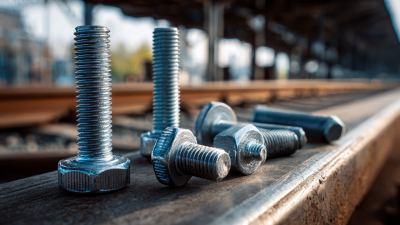
5 Essential Tips for Choosing the Right Truss Head Carriage Bolt for Your Project
-
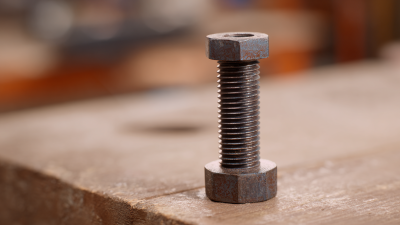
How to Select the Perfect Button Head Bolt for Optimal Load Distribution in Your Projects
-

7 Compelling Reasons Why Square Neck Bolts Are Essential for Your Projects
-

How to Choose the Right Truss Head Carriage Bolt for Your Project
-

The Ultimate Guide to Choosing the Right Furniture Screw for Your Projects
-
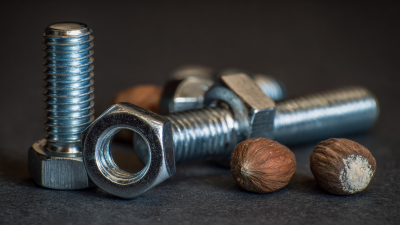
What are the Essential Benefits of Choosing Quality Nut and Bolt Solutions for Your Projects
